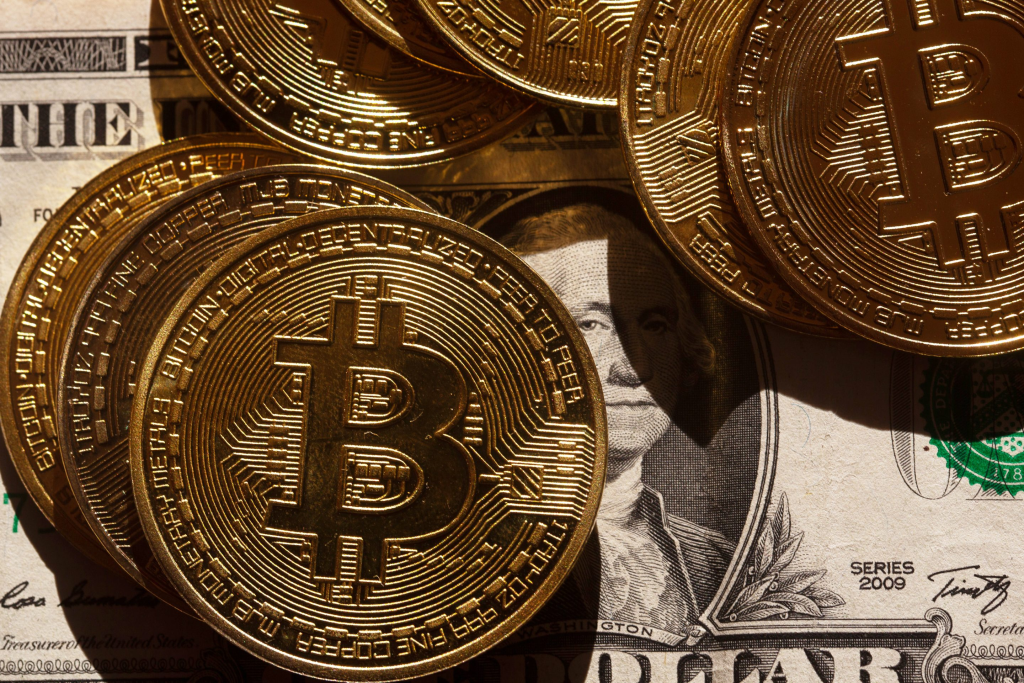Bitcoin could challenge gold as a hedge against inflation over the next decade, according to Blockstream CEO Adam Back. Speaking at Paris Blockchain Week 2025, Back pointed to rising inflation and the growing adoption of cryptocurrency as key drivers of Bitcoin’s future appeal. He compared Bitcoin’s potential to gold, noting that while both are scarce assets, Bitcoin is also undergoing an adoption curve. This makes it a compelling alternative for investors seeking a store of value.
Global inflation has been rising, especially in the U.S. and Europe, partly due to the increased supply of money. Major currencies like the U.S. dollar and euro have seen their supplies grow by over 50% in the past five years. As the value of fiat currencies diminishes, hard assets like Bitcoin are becoming more attractive. Back predicted inflation could average 10% to 15% annually over the next decade, making it difficult for traditional investments like stocks or housing to offer comparable returns.
In addition to inflation concerns, geopolitical instability could further drive Bitcoin’s appeal. Back suggested Bitcoin could eventually take market share from gold, especially as a hedge against geopolitical risks. He emphasized that while Bitcoin’s value has been volatile, its long-term scarcity and the growing recognition of its potential as a store of value position it well for future adoption.
Data from the University of Michigan’s consumer survey suggests that inflation expectations are rising, with consumers predicting 5% inflation over the next year and 4.1% over the next five years. This spike in inflation expectations could fuel further interest in Bitcoin as a safer investment in uncertain economic times.
Another factor driving Bitcoin’s adoption is regulatory changes in the United States. The approval of Bitcoin spot exchange-traded funds (ETFs) and a more favorable stance towards cryptocurrencies under the Trump administration have provided a boost to the market. Back pointed out that removing regulatory obstacles, such as “Operation Chokepoint 2.0,” which had previously hindered crypto growth, has opened the door for more widespread Bitcoin adoption.
Back also noted that individual investors should lead Bitcoin adoption ahead of governments. He expressed concern that once governments start buying Bitcoin, it could trigger a competition among nations for control of the asset. In his view, private investors are better positioned to buy Bitcoin first, allowing them to benefit before governments get involved.
Despite some price fluctuations, Bitcoin’s potential as a hedge against inflation and its increasing adoption suggest it may play an important role in the global financial landscape in the coming years.



